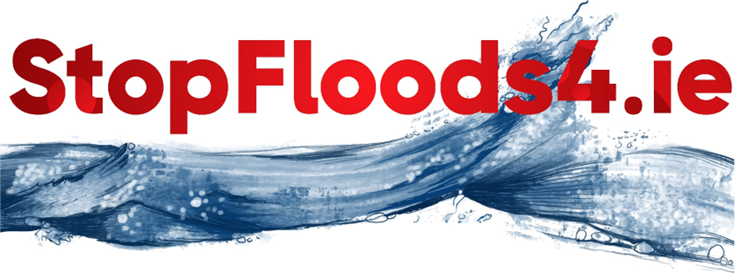-
Courses

Courses
Choosing a course is one of the most important decisions you'll ever make! View our courses and see what our students and lecturers have to say about the courses you are interested in at the links below.
-
University Life

University Life
Each year more than 4,000 choose University of Galway as their University of choice. Find out what life at University of Galway is all about here.
-
About University of Galway

About University of Galway
Since 1845, University of Galway has been sharing the highest quality teaching and research with Ireland and the world. Find out what makes our University so special – from our distinguished history to the latest news and campus developments.
-
Colleges & Schools

Colleges & Schools
University of Galway has earned international recognition as a research-led university with a commitment to top quality teaching across a range of key areas of expertise.
-
Research & Innovation

Research & Innovation
University of Galway’s vibrant research community take on some of the most pressing challenges of our times.
-
Business & Industry

Guiding Breakthrough Research at University of Galway
We explore and facilitate commercial opportunities for the research community at University of Galway, as well as facilitating industry partnership.
-
Alumni & Friends

Alumni & Friends
There are 128,000 University of Galway alumni worldwide. Stay connected to your alumni community! Join our social networks and update your details online.
-
Community Engagement

Community Engagement
At University of Galway, we believe that the best learning takes place when you apply what you learn in a real world context. That's why many of our courses include work placements or community projects.
StopFloods

The StopFloods4.ie Project
The Challenge
Floods are amongst the most common and deadly weather-related natural disasters. In 2024 floods caused the deaths of more than 8700 people across the globe. In addition to direct damages and fatalities, flooding also causes disruptions to business activity and to people’s everyday lives. Those with personal experience of flooding describe the stress and trauma of living with flood risk. Moreover, climate change is expected to increase the risk of flooding in many regions worldwide over the coming decades, potentially threatening sustainable development at the local scale. These risks are particularly concentrated in the many densely populated low-lying coastal cities around the world that are often prone to compound flood risks from rivers, rainfall and the sea.
The StopFloods4.ie project team understands that there is an urgent need both locally and globally to understand better the dynamics of floods and to provide measures and methods to manage flood risks effectively and efficiently both now and in the future. Flood forecasting systems are crucial tools for preventing flood damage and for reducing the risks posed by flooding to people’s lives and livelihoods. However, given the technical complexity of modelling and predicting flooding at the local scale, developing reliable forecasting systems and integrating these into real-time decision-making processes remains extremely challenging.
Through extensive stakeholder engagement, the StopFloods team has gained valuable insights on the nature of the challenges facing those tasked with managing and responding to extreme weather events at the city scale. Any decision-support tool for managing the risks from flooding, at a minimum, needs to provide forecast information at a local scale in a timely and consistent manner. The system also needs to be robust to potentially changing risk profiles over time (due to climate change or other factors), to staffing changes in the organisations tasked with managing flood risks, and to events that occur outside of normal working hours.
The Solution
The StopFloods4.ie project is developing a novel flood forecasting system for prediction of compound coastal-fluvial flood events at the highly local scale and in real-time. Our multidisciplinary team combines researchers from diverse scientific backgrounds, including engineering, natural sciences, data science, and economics. The new system being developed uses state-of-the-art solutions from across these disciplines, including: IOT (internet of things), statistics, hydrodynamic modelling, and machine learning techniques. Prototyping of the system is already underway involving close collaboration between the research team and key decision-makers at the city level in Ireland. The research team is also working closely with representatives from other key stakeholders with responsibility for monitoring, forecasting and managing flood risks in Ireland, including the OPW, the Marine Institute, and Met Éireann (the project’s Societal Impact Champions).
Beyond the scientific value, the project directly benefits society by mitigating flood risks in flood prone areas, increasing the efficiency and cost-effectiveness of flood risk management systems, and ultimately increasing the safety and security of the general population in flood prone areas.

















